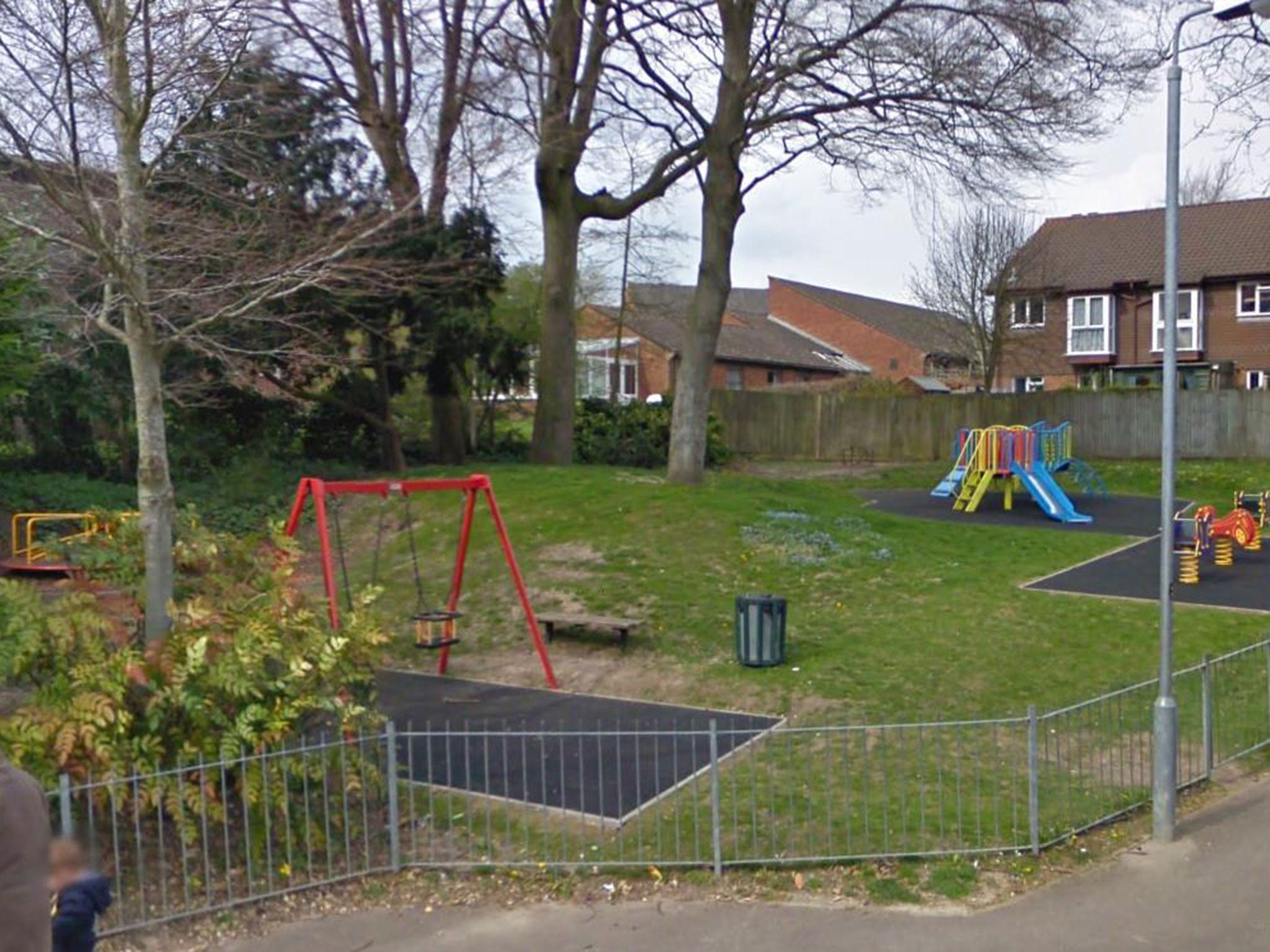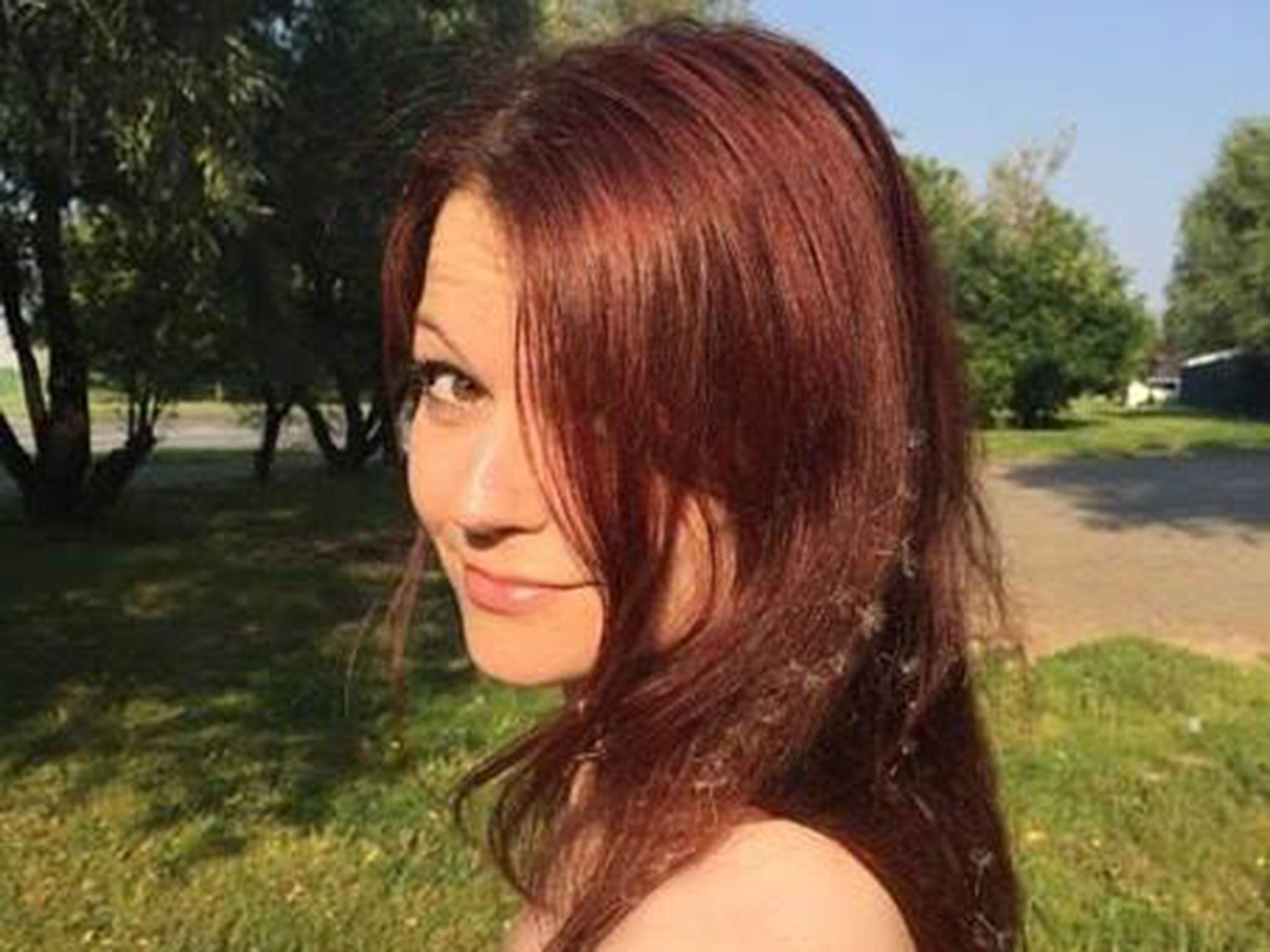Sailsbury nerve agent attack: Play area near Sergei Skripal's home cordoned off by police investigating poisoning
Investigators say the 'risk to the public is low'

A children’s play area near Sergei Skripal’s home has been cordoned off by police investigating a nerve agent attack on the former Russian spy.
The Metropolitan Police said the operation in Montgomery Gardens was a “precautionary measure”.
Deputy Assistant Commissioner Dean Haydon said: “I would like to reassure residents that we have placed the cordons around the park, and officers will be searching it, as a precautionary measure.
“I would like to reiterate Public Health England’s advice that the risk to the public is low. Anyone with concerns regarding the ongoing police activity in Salisbury is encouraged to speak to the local officers or PCSOs at the locations, who will be happy to offer reassurance.”
The park is just metres from Mr Skripal’s house in Salisbury, where investigators believe he and his daughter were poisoned using nerve agent placed on the front door.
Police have cordoned off several areas visited by the couple on the day they fell ill, including a pub and restaurant, but the park was not previously known to be part of the investigation.
Counter-terror officers who are leading the probe because of their expertise have now handed back some areas to Wiltshire Police, including The Maltings shopping precinct where the Skripals fell ill and London Road Cemetery, which houses their loved ones’ remains.
The Metropolitan Police has said the criminal investigation is likely to take “many months” and continues to appeal for anyone with information to come forward.
Soldiers and specialist military units have been supporting the removal of vehicles used by the couple and people who had contact with them in the days before they fell ill on 4 March.
While Ms Skripal is “improving rapidly” in hospital, her 66-year-old father remains in a critical condition in intensive care.
Dr Christine Blanshard, the medical director for Salisbury District Hospital, said Ms Skripal was no longer critical.
“She has responded well to treatment but continues to receive expert clinical care 24 hours a day,” she added.
“I want to take this opportunity to once again thank the staff of Salisbury District Hospital for delivering such high quality care to these patients over the last few weeks.
“I am very proud both of our front-line staff and all those who support them.”

A court hearing last week was told that Mr Skripal and his daughter may have suffered life-long brain damage as a result of the attack.
Detective Sergeant Nick Bailey, who was among the first officers to visit Mr Skripal’s house, also fell severely ill but has since been discharged from hospital.
A total of 38 people were treated for varying symptoms resulting from exposure, including an unnamed hospital outpatient, which could have resulted from exposure to the nerve agent either by contact with the Skripals or items they touched.
Ms Skripal was visiting her father on a holiday from Russia when they fell ill after going for lunch in Salisbury on 4 March, with passers-by trying to help after finding the pair slumped on a bench.
Witnesses described them twitching, vomiting and stopping breathing – all symptoms consistent with nerve agent exposure.
The deadly chemicals attack the nervous system and can kill victims by paralysing the respiratory system, causing oxygen deprivation and eventual suffocation.
Investigators from the Organisation for the Prohibition of Chemical Weapons (OPCW) are carrying out an independent probe into the attack, examining fresh blood samples from the victims, their medical records and sites around Salisbury.
Experts at the Defence, Science and Technology Laboratory at Porton Down identified the nerve agent used against the Skripals as part of the Soviet-developed “novichoks” group.
The Prime Minister said Russia had provided “no credible explanation” on how the substance came to be used on the streets of Wiltshire and accused Vladimir Putin’s government of culpability.
Mr Skripal had been jailed for treason in Russia for allegedly passing secrets to MI6 while a colonel in the GRU military intelligence agency.
He moved to Salisbury after being handed over in a Cold War-style spy swap in 2010.
Russia has denied involvement and accused the UK of violating international law by refusing to provide information it requested.
Britain expelled 23 Russian diplomats, who were described as “undeclared intelligence officers”, sparking the expulsion of 23 British diplomats by the Kremlin.
Pressure has since been mounting on Russia as the EU, US and other allies have made statements of solidarity with the UK and moved to expel diplomats themselves.
